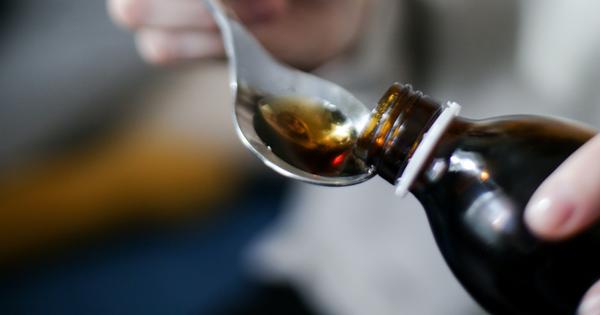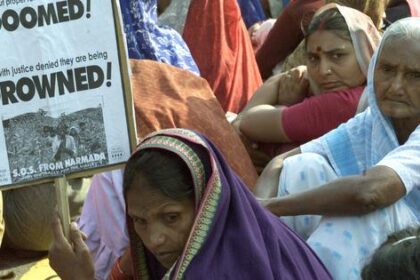Contaminated cough syrups add to concerns over child safety and drug quality in Madhya Pradesh.
The Madhya Pradesh drug controller has identified two additional cough syrups, Relife syrup and Respifresh TR, as contaminated with diethylene glycol, a substance linked to acute kidney and liver failure. Both products were manufactured in Gujarat and have been classified as “not of standard quality.” This revelation follows the alarming discovery of 46.28% diethylene glycol in a sample of Coldrif cough syrup, which has been associated with the deaths of at least 14 children in the Chhindwara district.
Shubham Kumar Yadav, the sub-district magistrate of Parasia, confirmed that two more deaths were reported recently, one each from Parasia and Betul, and that investigations are ongoing. The permissible limit of diethylene glycol in pharmaceuticals is 0.1%, yet drug officials assert that even trace amounts pose a serious risk and should be completely absent from medications intended for consumption.
According to Tina Yadav, state joint director of drugs control, the two syrups were manufactured in Gujarat. She indicated that the state authorities would reach out to the Gujarat drug controller to inform them of the findings. Among the 13 cough syrup samples collected by the Chhindwara drug inspector, 10 were deemed to meet safety standards, while three were not.
Analysis of the Relife syrup sample revealed a diethylene glycol content of 0.616%. This syrup was produced by Shape Pharma Private Limited in January 2025 and is set to expire in December 2026. Hitesh Jesadiya, a director at the company, stated that they had not been informed about the report and would initiate a technical investigation only upon notification. The supplier of Relife syrup is identified as Leolife Sciences Private Limited, which has also been contacted for a response.
Respifresh TR syrup was found to contain 1.34% diethylene glycol, manufactured in January 2025 and expiring in December 2026. Rednex Pharmaceuticals Limited, based in Ahmedabad, is responsible for this product and claims to adhere to World Health Organization standards for good manufacturing practices. However, the company has not responded to multiple inquiries for clarification.
Since August, the troubling trend of children dying from kidney failure due to suspected diethylene glycol poisoning has escalated, with 11 of the deceased children coming from the Parasia area. Many other children are currently hospitalized, with some in critical condition requiring ventilator support. The situation first drew attention when local pediatricians reported cases of severe illness in children following the consumption of cough syrups.
The Chhindwara district health department began investigating after several children were treated for kidney failure at hospitals in Nagpur, prompting a temporary ban on Coldrif and Nastro DS syrups, which were frequently prescribed. On October 2, Tamil Nadu’s drug testing identified Coldrif syrup as adulterated with 48.6% diethylene glycol, leading to a production halt and recall of the implicated batch.
In response to the ongoing crisis, Madhya Pradesh Chief Minister Mohan Yadav held an urgent meeting, resulting in the suspension of three drug officials, including the state’s Drug Controller, Dinesh Maurya. Meanwhile, health organizations like the Jan Swasthya Abhiyaan have called for stricter regulations, urging a ban on prescribing cough and cold medications for children under five years, aligning with WHO guidelines.








